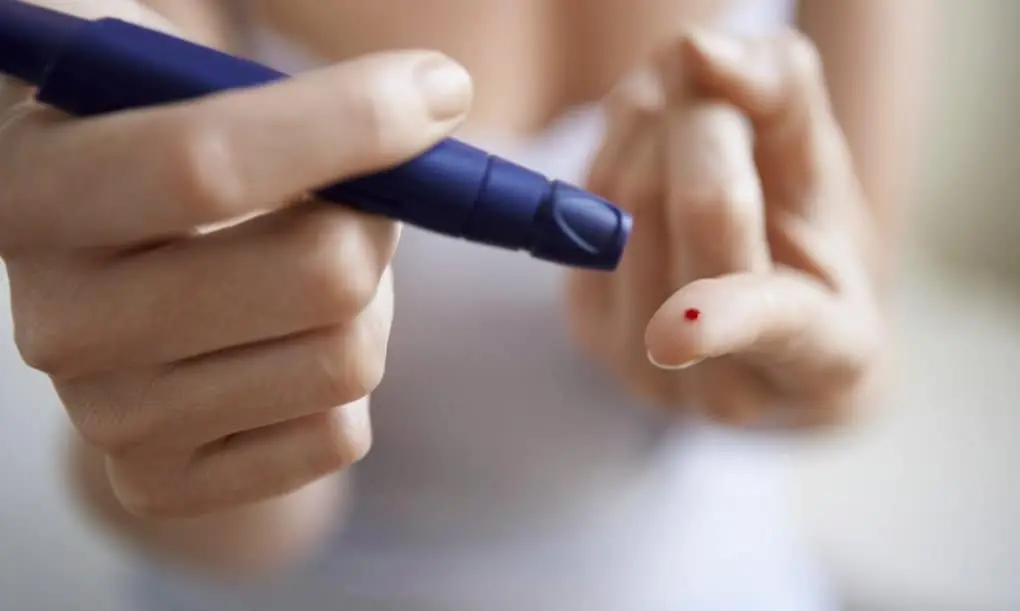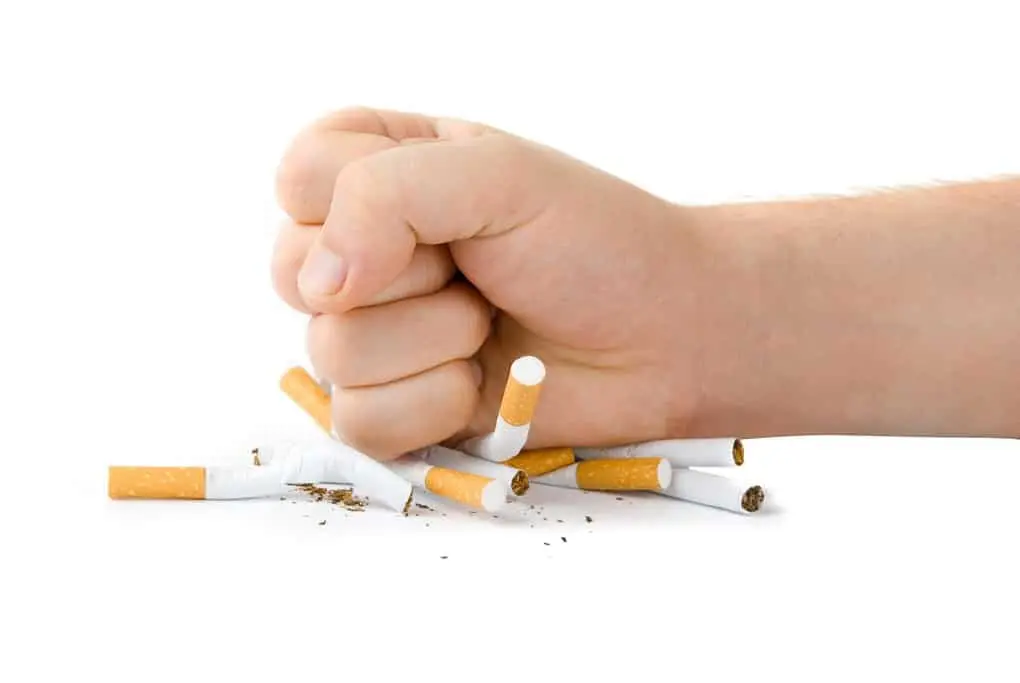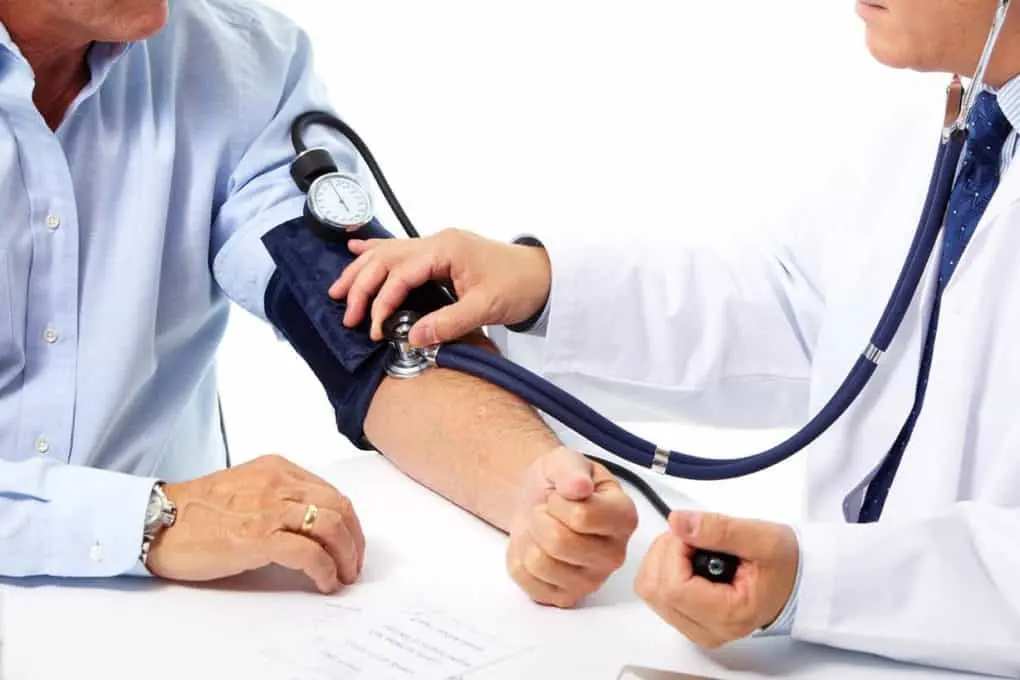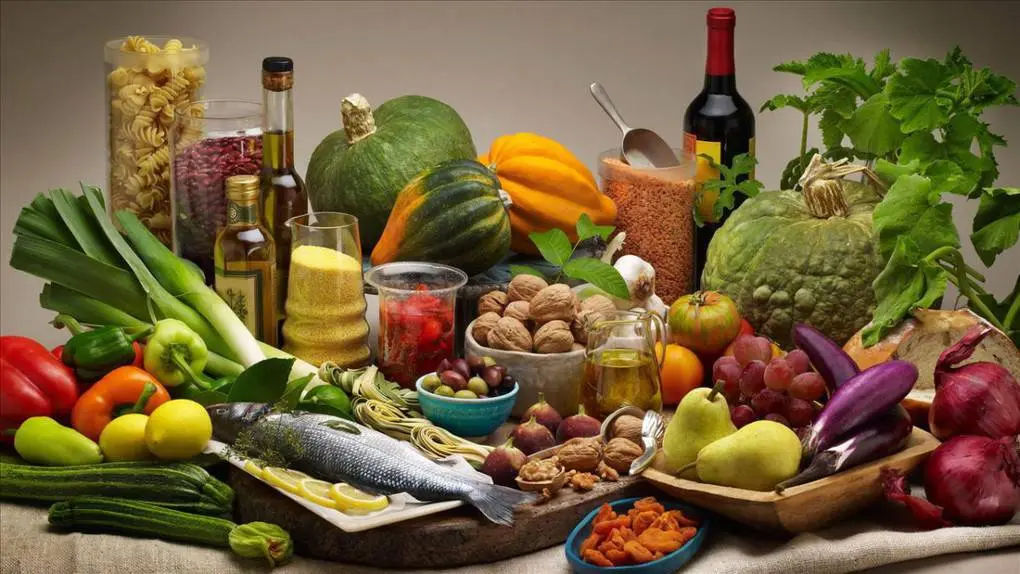Contents
- 10 Take steps to prevent diabetes
- 9. Fight excess weight
- 8. Avoid foods high in cholesterol
- 7. Quit smoking
- 6. Keep track of your blood pressure
- 5. Watch your sleep pattern
- 4. Forget alcohol
- 3. Watch your heart rate
- 2. Pay attention to what you eat
- 1. If you think your body is prone to stroke, see your doctor
A stroke is a serious disease that is associated with acute circulatory failure in the brain, which threatens with unpredictable consequences for the body. Often the result of a stroke is a partial or complete loss of the patient’s capacity, disruption of the musculoskeletal system, organs of vision, speech center, etc. That is why it is important for people who are at risk of pathology to know and be able to identify the characteristic symptoms: dysfunction of the speech apparatus , sudden weakness, clouding of the mind, numbness and loss of sensation in the limbs. Even if the symptoms have passed by an outbreak, it is important to undergo a preventive examination by a neurologist and a therapist, since it is much easier to prevent a stroke than to deal with serious complications, including death.
Today we will look at 10 effective ways to prevent stroke in patients at risk.
10 Take steps to prevent diabetes

First of all, the risk group for stroke includes people with endocrine disruption, including diabetics. To prevent complications of the disease, regularly monitor the concentration of glucose in the blood, undergo the necessary laboratory tests, avoid obesity and follow the recommended low-carbohydrate diet. Moderate physical activity, frequent walks in the fresh air, taking multivitamins and minerals, antioxidants are very useful to maintain the functioning of brain cells.
9. Fight excess weight

Diabetics are more prone to stroke because they are often overweight. Obesity is one of the causes of circulatory disorders in the body, as a result of which internal organs suffer, namely the kidneys, liver, heart, blood vessels, etc. Extra pounds are not a sentence, but obesity as a disease is the cause of an increased risk of stroke in people of average and old age.
8. Avoid foods high in cholesterol

It is known that cholesterol plaques most of all like to be deposited on thin and fragile walls of blood vessels, as a result of which blood circulation in the body is hindered. Over time, oxygen starvation develops in the brain, which can lead to tissue edema and stroke. To cleanse cells of cholesterol (found in meat and offal, dairy and sour-milk products), eat pectins and fiber, which include dietary fiber, bind and remove toxins from the body. You can find fiber in fruits (pears, apples, citrus fruits, gourds, berries, etc.), cereals (oatmeal, bulgur, bran, wheat), legumes (beans, lentils, chickpeas). Well reduce cholesterol unsaturated fats – vegetable oils (olive, linseed, sesame, etc.), nuts, sea fish. People over 40-50 should have their cholesterol levels checked every 5 years.
7. Quit smoking

It is no secret that smoking increases the likelihood of a cerebral hemorrhage by 4 times. This is due to the fact that nicotine and harmful compounds, when absorbed into the blood, increase pressure, disrupting blood flow. In addition, carbon monoxide from cigarettes leads to oxygen starvation of tissues, and smoke provokes a violation of hemostasis and blood clotting, which increases the risk of blood clots. All these factors together worsen the condition of the cardiovascular and circulatory system.
6. Keep track of your blood pressure

Bad habits, such as alcoholism and smoking, lead to a regular increase in blood pressure and the simultaneous wear of the vascular walls. However, blood pressure can also increase for other reasons – stress, meteorological conditions, heredity, pregnancy. Hypertension increases the risk of stroke, especially in people over 50 years of age. To control the pressure, purchase a tonometer and take measurements regularly, recording the data in a diary. Always have on hand means to quickly stabilize blood pressure. Also, people with hypertensive conditions are contraindicated in unrest and strong physical exertion.
5. Watch your sleep pattern

Sleep deficiency affects all internal processes in the body. It is no secret that a person needs about 7-9 hours of uninterrupted sleep every day for a full recovery. But for people predisposed to a stroke, the numbers change somewhat – up to 7 hours of rest. Surprisingly, the longer a person at risk rests, the higher the likelihood of hemorrhage. By the way, snoring during sleep also brings the development of a serious disease closer, as it provokes metabolic syndrome.
4. Forget alcohol

Alcohol, like tobacco, wears out the cardiovascular system, leads to alternate constriction and expansion of blood vessels, thinning their walls, making them weaker and less elastic. With age, alcohol also affects blood pressure, increasing the risk of hypertensive conditions, which often lead to cerebral hemorrhage. In the case of abuse, there is a general intoxication of the body and oxygen starvation of the brain against this background, so alcoholics are more likely to have a stroke with irreversible consequences.
3. Watch your heart rate

The muscle pumps our blood in portions, therefore, the blood flow in vital organs, including the brain, depends on the frequency of contractions and rhythm. It is known that patients with atrial fibrillation and other types of arrhythmias, tachycardia and myocardial infarction in history have a greater risk of having a stroke. It is important for such people to control the formation of blood clots in the vessels, regularly conduct MRI and ultrasound of the cardiovascular system, the brain. By the way, atrial fibrillation increases the risk of stroke by almost 5 times (15% of patients with ischemic stroke, 25% of pathology in patients over 80 years old).
2. Pay attention to what you eat

Control weight and cholesterol levels, cleanse the body of toxins and toxins, saturate with vitamins and microelements to strengthen the cardiovascular system and brain. The diet must contain vegetables and fruits, cereals and cereals, whole grain bread, milk and fish, lean poultry meat, rabbit, veal, etc. Limit the intake of salt and sugar, which will positively affect the functioning of the pancreas, kidneys, and reduce the risk diabetes and edema. Also, sweet potatoes, dried fruits, bananas, tomato paste and other potassium-rich foods reduce the likelihood of a stroke by about 20%. Olive oil also helps to reduce the risk of pathology by 40%, so use it in salad dressings, roasts and stews.
1. If you think your body is prone to stroke, see your doctor

A wise decision for patients who are at risk, have a family history of cerebral stroke or have symptoms that are characteristic of this disease. We recommend that you consult a neurologist if your age is over 50. To prevent the disease, doctors may prescribe the following drugs: antihypertensive drugs (reduce blood pressure), antiplatelet agents (promote the resorption of blood clots), diuretics (diuretics that remove salt from the body, reducing swelling).
Remember that a stroke is a serious disease with a lot of complications that are sometimes impossible to predict. There is also a high risk of coma and death. Engage in prevention in a timely manner, and do not wait for critical symptoms.










